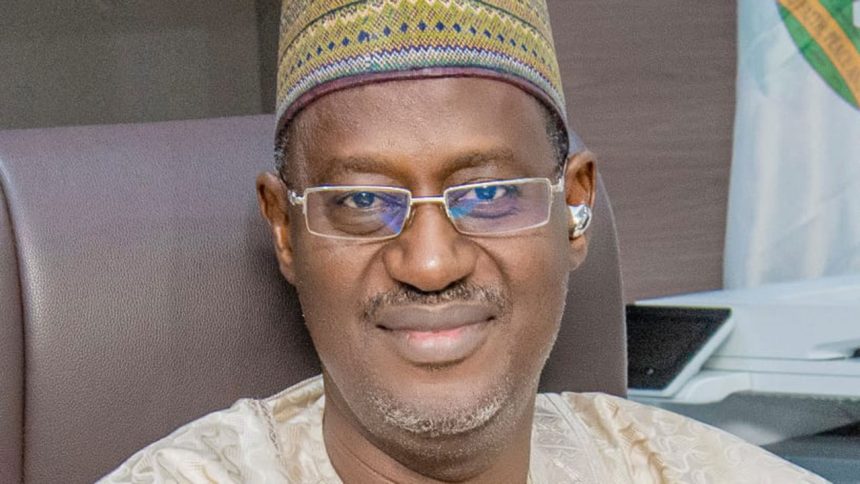The Federal Government is moving to deepen ties with the Kuwait Fund for Arab Economic Development (KFAED) to address Nigeria’s housing deficit through infrastructure investment and sustainable urban projects.
Speaking during a meeting with a visiting KFAED delegation in Abuja, Minister of Housing and Urban Development, Ahmed Dangiwa, said the partnership would target affordable housing and the promotion of sustainable urban growth. “Our focus is affordable housing and sustainable urban development,” he stated, adding that current government programmes require both financial backing and technical expertise.
He outlined ongoing initiatives such as the creation of building material manufacturing hubs in each of Nigeria’s six geopolitical zones to cut production costs and create jobs. Each hub, he explained, would span 200 to 300 hectares and come equipped with essential infrastructure like roads, drainage, electricity, and water. “After we have done the site and services infrastructure, the spaces will be allocated to investors for factories producing roofing sheets, doors, windows, tiles, and other needed materials,” he said.
Dangiwa also highlighted the Centenary City project on Abuja Airport Road, which requires funding to develop commercial, residential, tourism, and industrial zones. In addition, he pointed to the Ministry’s slum upgrade programme, which has already completed more than 120 of 150 targeted community upgrades, delivering roads, sanitation, schools, hospitals, and power to underserved areas.
Another focus is the Renewed Hope Social Housing Programme, which aims to build 100 housing units in each of Nigeria’s 774 local government areas. “We plan to sell 70 per cent of the houses to low-income earners who would pay only 30 per cent of their income, with the rest subsidised by the government, while the remaining 30 per cent would go to the zero-income and displaced individuals,” he said, noting that funding remains a challenge.
KFAED Director-General, Dr Wahad Al-Bahar, acknowledged the scope of Nigeria’s housing and infrastructure needs. “Our visit is to explore potential areas of collaboration and support,” he said, stressing that the Fund’s focus is on infrastructure and social development. He explained that while KFAED cannot directly finance housing projects, it can support related infrastructure such as transport, education, agriculture, and health.
Al-Bahar disclosed that the Fund recently signed its first Nigerian agreement with the Kaduna State Government for the “Reaching Out-of-School Children Programme,” and offers soft loans on favourable terms. “If you require assistance with developing proper feasibility studies, we are willing to help,” he assured, adding that updated and detailed project studies would be key to moving forward with Nigeria’s proposals.



